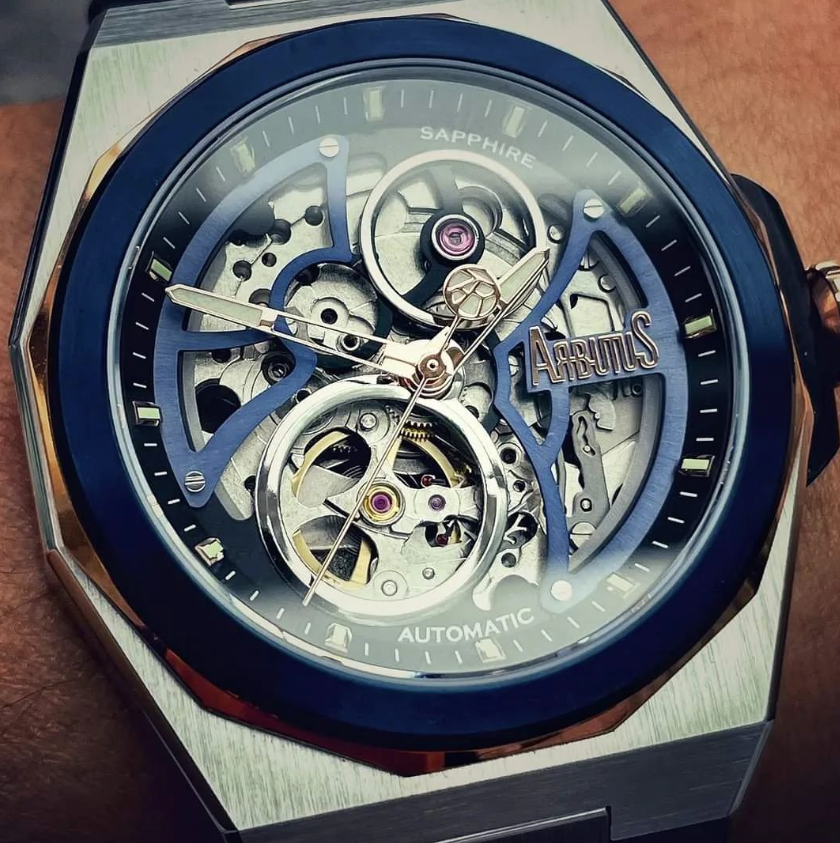Choosing Your First Mechanical Watch: A Beginner’s Guide

Stepping into the world of mechanical watches is a thrilling experience, but selecting your first timepiece can feel daunting with so many options available. Unlike battery-powered quartz watches, mechanical watches are driven by intricate gears and springs, offering a connection to centuries of horological craftsmanship. If you're new to this world, here’s how to make an informed choice.
1. Set a Realistic Budget
Mechanical watches come in a wide price range, from affordable entry-level models to high-end luxury pieces. Determine how much you’re comfortable spending before diving in. A well-made first watch doesn’t have to break the bank—many reliable options exist at reasonable prices. Focus on quality and value rather than chasing prestige right away.
2. Understand the Movement
There are two main types of mechanical movements:
-
Manual Wind: Requires daily winding by hand, offering a hands-on, traditional experience.
-
Automatic (Self-Winding): Powers itself through the motion of your wrist, making it more convenient for everyday wear.
For beginners, an automatic movement is often the most practical choice, as it eliminates the need for daily winding while still providing the charm of mechanical engineering.
3. Choose a Style That Fits Your Lifestyle
Think about how you’ll wear the watch most often:
-
Dress Watches: Slim, elegant, and perfect for formal occasions.
-
Sports Watches: Durable, often water-resistant, and ideal for casual or active wear.
-
Diver’s Watches: Built for water resistance and rugged use, but many designs work well in everyday settings.
A versatile watch with a clean dial (such as black, white, or blue) and a stainless steel bracelet can easily transition between different occasions.
4. Focus on Comfort and Proportions
A watch should feel comfortable on your wrist. Pay attention to case size—most people find 38mm to 42mm to be a good fit, but this depends on wrist size and personal preference. If possible, try the watch on before buying to ensure it sits well and feels balanced.
5. Prioritize Serviceability and Long-Term Support
One of the greatest advantages of a mechanical watch is its longevity—unlike battery-powered watches, which rely on electronics that degrade over time, a well-made mechanical timepiece can last generations with proper care. However, this longevity depends on one crucial factor: serviceability.
When choosing your first mechanical watch, consider whether the brand offers reliable after-sales support. A great watchmaker ensures that spare parts remain available for years, allowing skilled watchmakers to repair and maintain your timepiece. Some brands even keep archives of older models, guaranteeing that even vintage pieces can be restored.
Final Thoughts
A mechanical watch is a companion for life, but it does require care—regular servicing, proper storage, and mindful handling ensure it runs smoothly for years. In the next post, we’ll dive into maintaining your watch so it stays in peak condition. For now, focus on finding a piece that resonates with you, one that you’ll cherish as both a tool and a keepsake.
Happy watch hunting! ⌚


